Wildlife Services You Can Count On
Many people think only of insects and spiders as pests. Some might include mice and rats in the pest category. What they usually don’t include is WILDLIFE.
While many species might seem cute and harmless, wildlife can often carry disease, get into garbage, and damage property. Droppings can be hazardous to humans by either transmitting disease or by causing respiratory distress. To protect clients and their homes, we practice wildlife pest control in Charlotte and our other service regions. Fortunately, we have a great deal of experience in dealing with wildlife pests and removing them from clients’ property.
Wildlife control must be managed by a professional. Wildlife may have protection under local, state, and federal laws that require the animal be trapped and relocated instead of exterminated.
Charlotte Wildlife We Handle
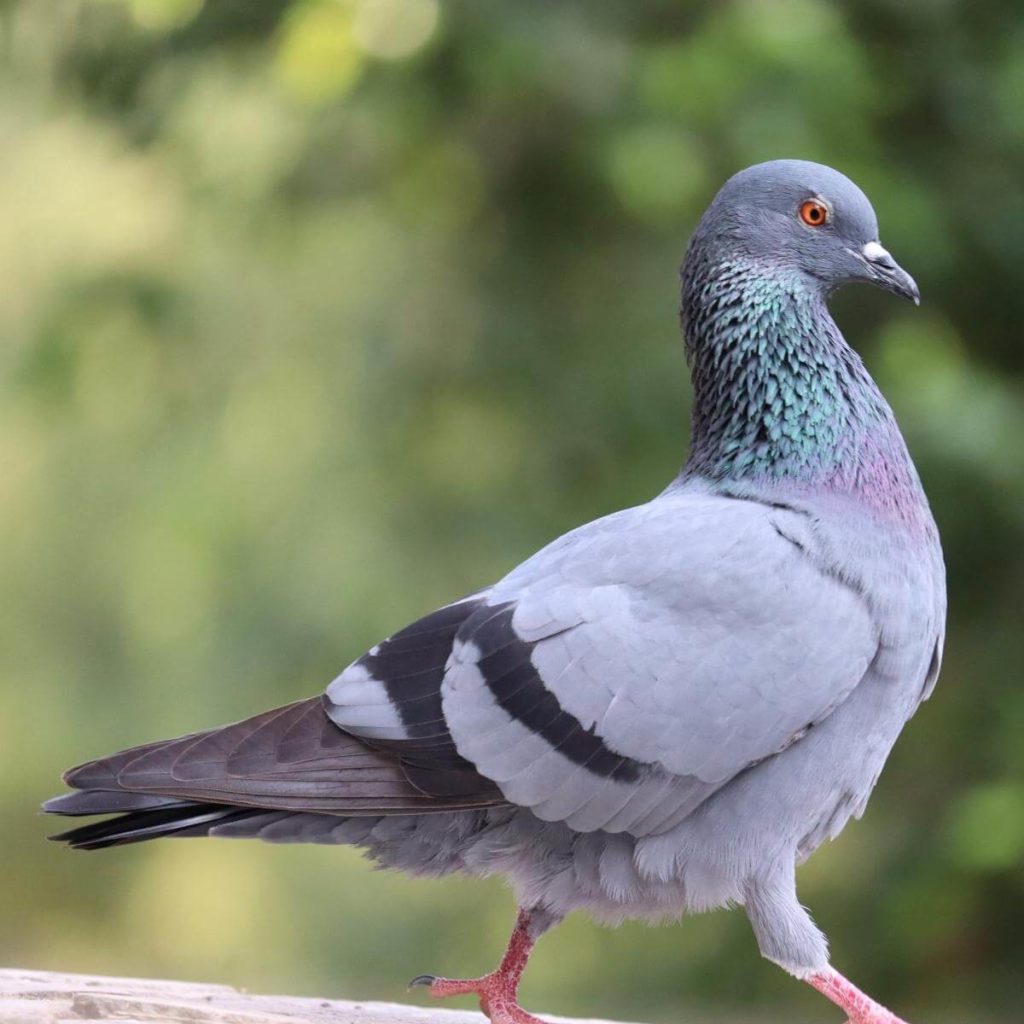
Birds
Many people think only of stinging insects and spiders as pests. Some might include mice and rats in the pest category. What they usually don’t include is WILDLIFE. While many species might seem cute and harmless, wildlife can often carry disease, get into garbage, and damage property. Droppings can be hazardous to humans by either transmitting disease or by causing respiratory distress. To protect clients and their homes, we practice wildlife pest control in Charlotte and our other service regions. Fortunately, we have a great deal of experience in dealing with wildlife pests and removing them from clients’ property.
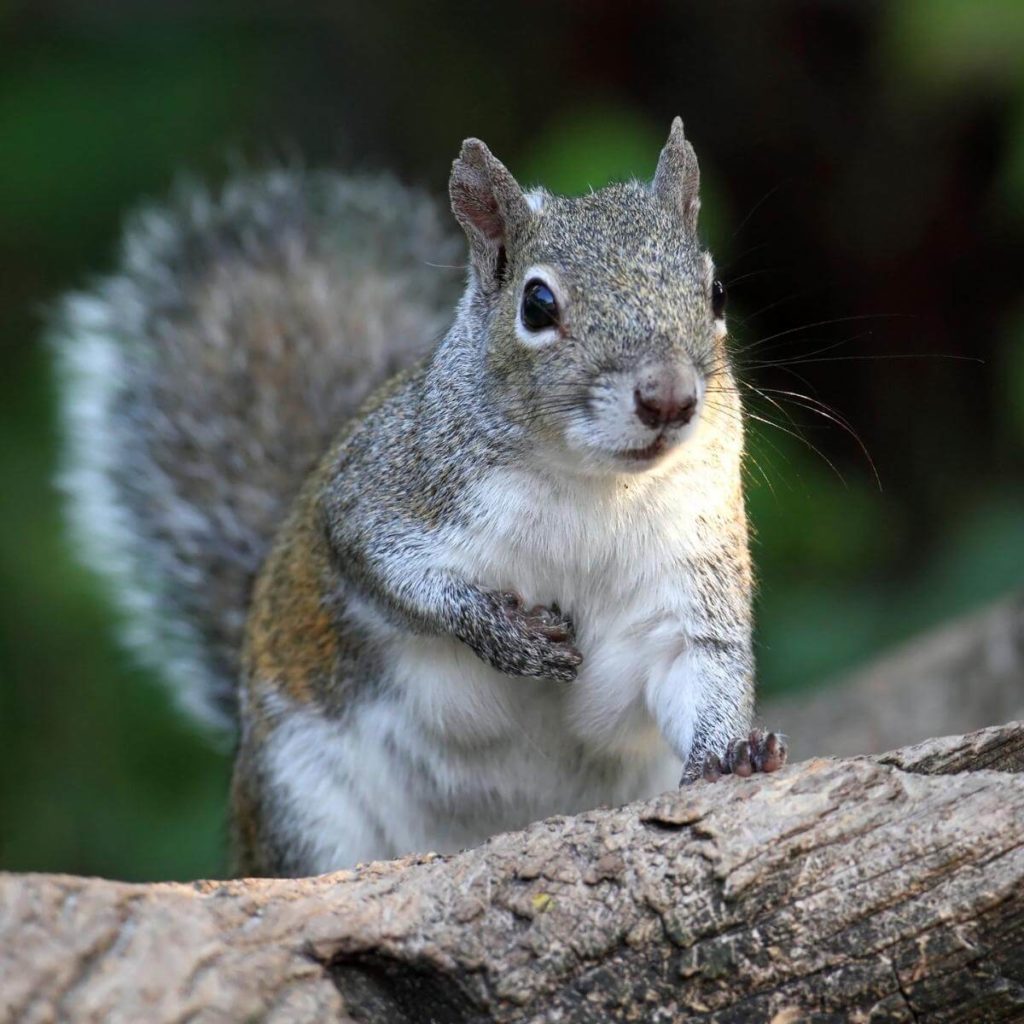
Squirrels
In most residential situations, squirrels are fairly harmless. Unfortunately, that isn’t always the case. They can gnaw into attics to establish dwellings. They can find their way into buildings to nest or store food. Most dangerously, they can chew up electrical wiring, creating fire hazards. Long story short, squirrels occasionally go from being cute little neighbors to being home invading pests.
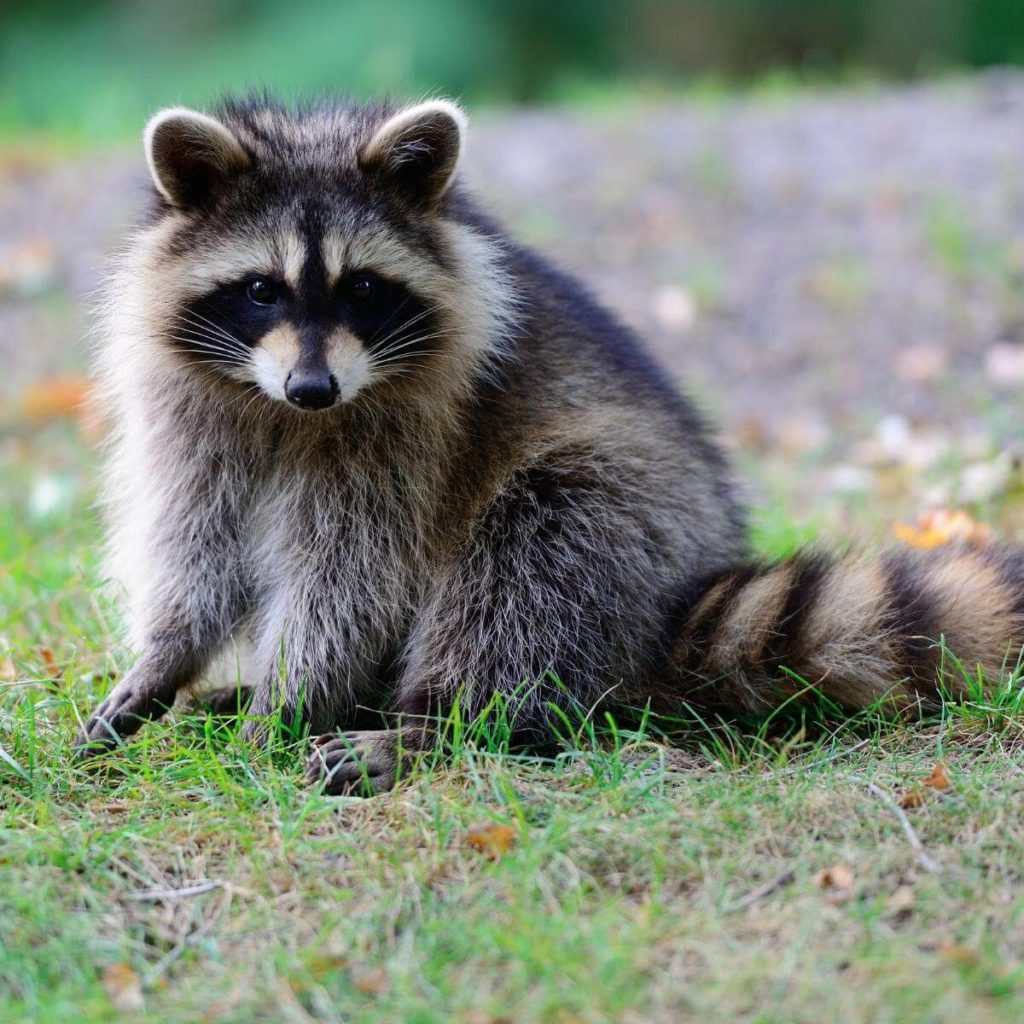
Raccoons
Raccoons are pretty well known as pests. They might be cute with the “Bandit mask” markings around their eyes, but they should be treated with caution on your property. Raccoons are often infested with ticks and fleas, can carry rabies, and can leave feces that aggravates respiratory problems. They can access attics, basements and crawlspaces by finding openings in damaged vents, trim or carpentry. They can also get into a dwelling through uncapped chimneys, nesting above the damper door. Outside, they can damage the lawn by digging for grubs.
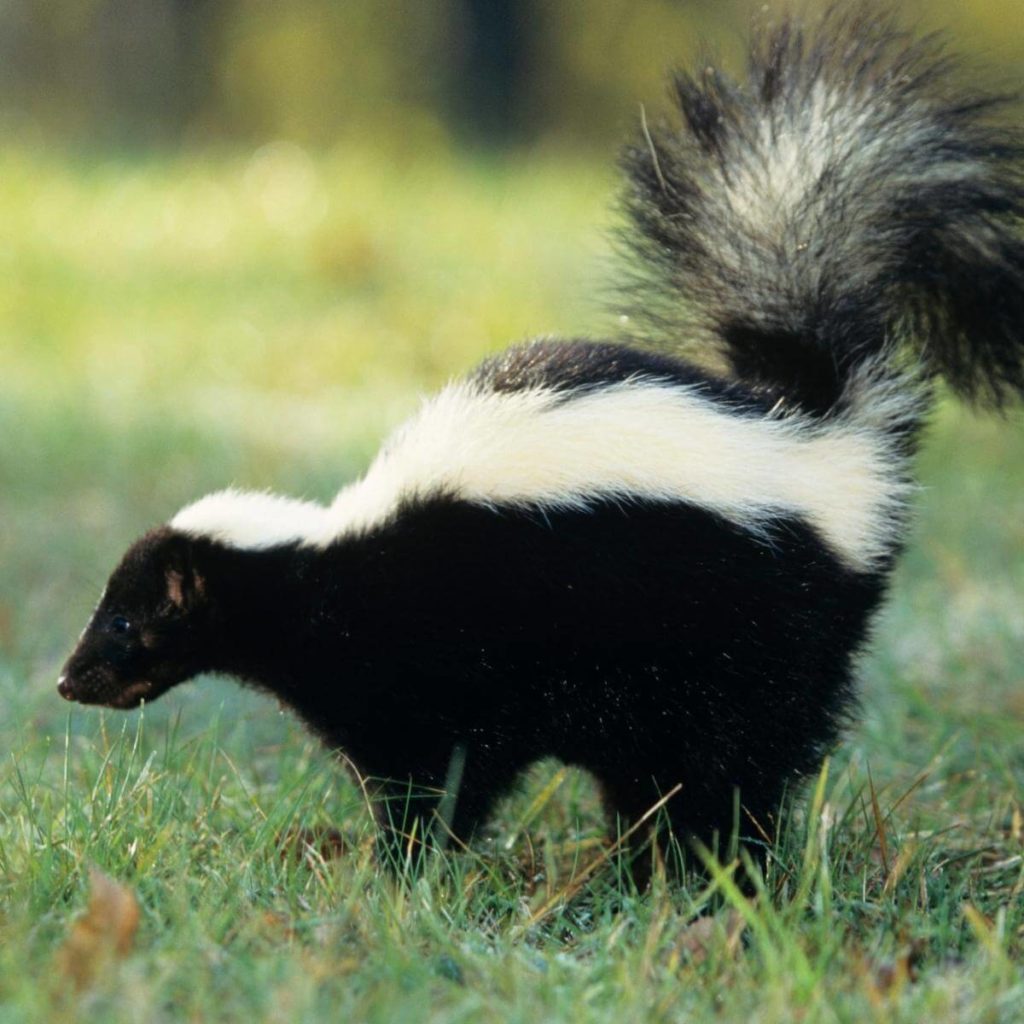
Skunks
Skunks can exhibit behavior similar to raccoons. They share many of the same characteristics and can pose the same problems to humans. Skunks can carry disease, be infested with fleas and ticks, and dig for grubs. Additionally, they can do what we all fear with skunks – leave an AWFUL scent behind, perhaps on you or a pet. They might live and nest under porches and in crawlspaces that have damaged vents or other easy access points. You might never notice them until they have a run in with an unfortunate family pet. Needless to say, a skunk is not a houseguest you want to have.
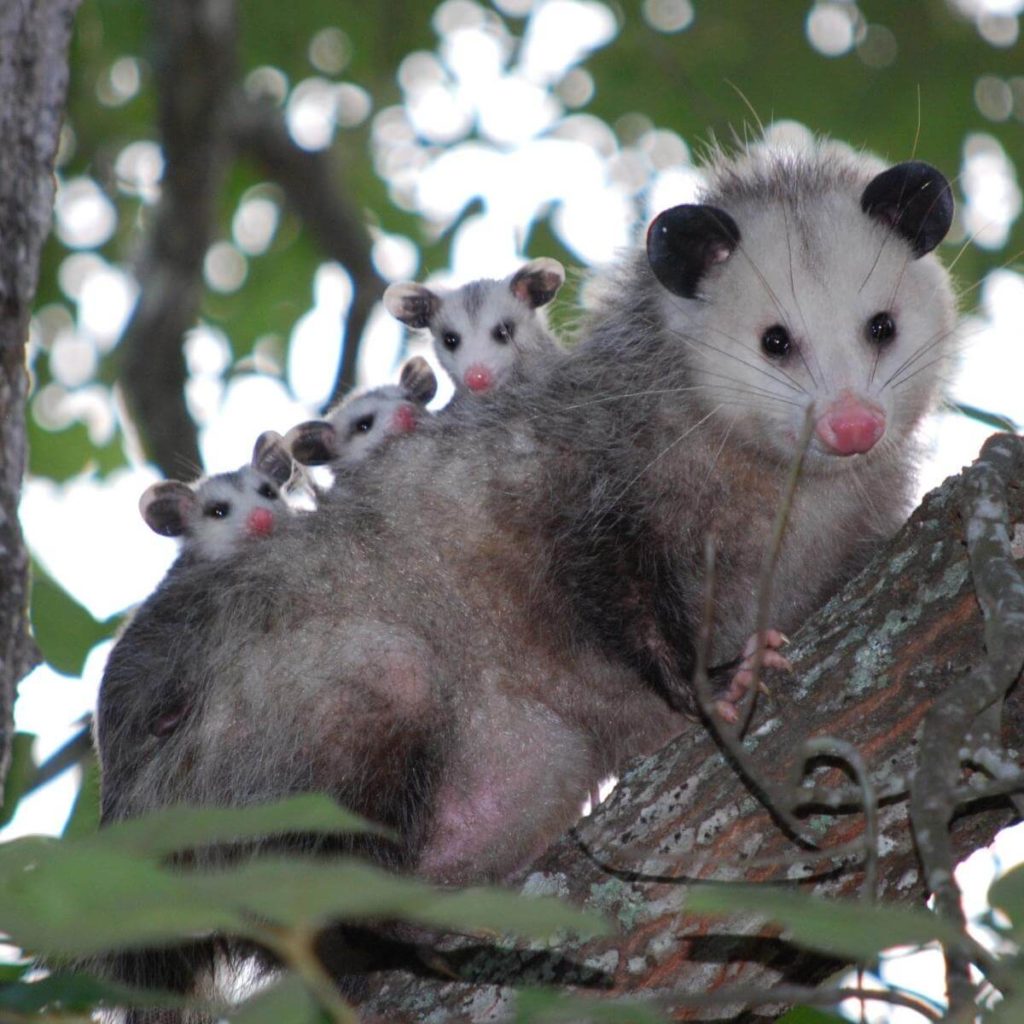
Opossums
Opossums can also take up residence in crawlspaces, under porches, in outbuildings and in attics. They can carry ticks and fleas, serving as carriers of disease. They rarely but occasionally do carry rabies. They are known to get into garbage cans and even prey upon chickens and their eggs.
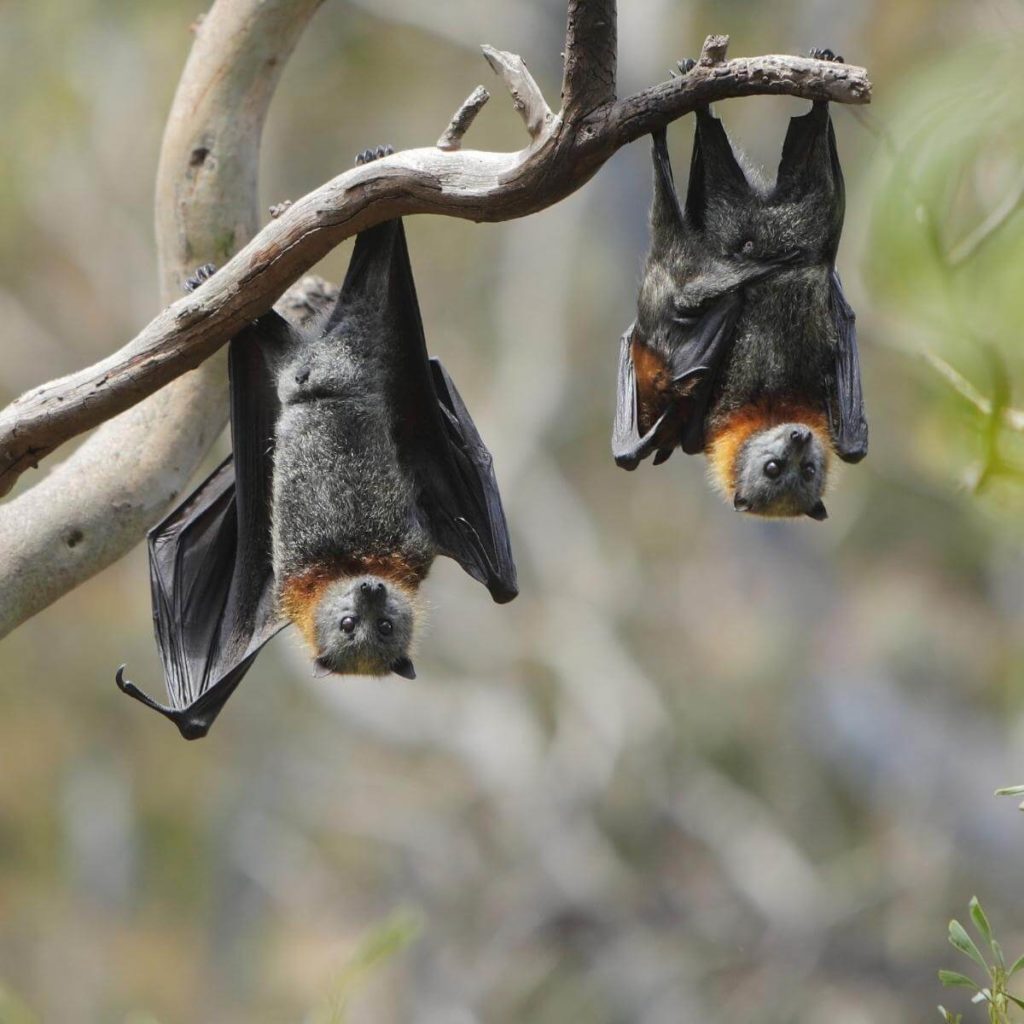
Bats
Bats serve as natural insect controllers, but they aren’t desirable as attic dwellers. They carry rabies. Their droppings can transmit fungal disease and attract other pests to a dwelling. They can cause damage to a home by staining walls if their droppings and urine leak from the attic. They can carry parasites that affect humans.
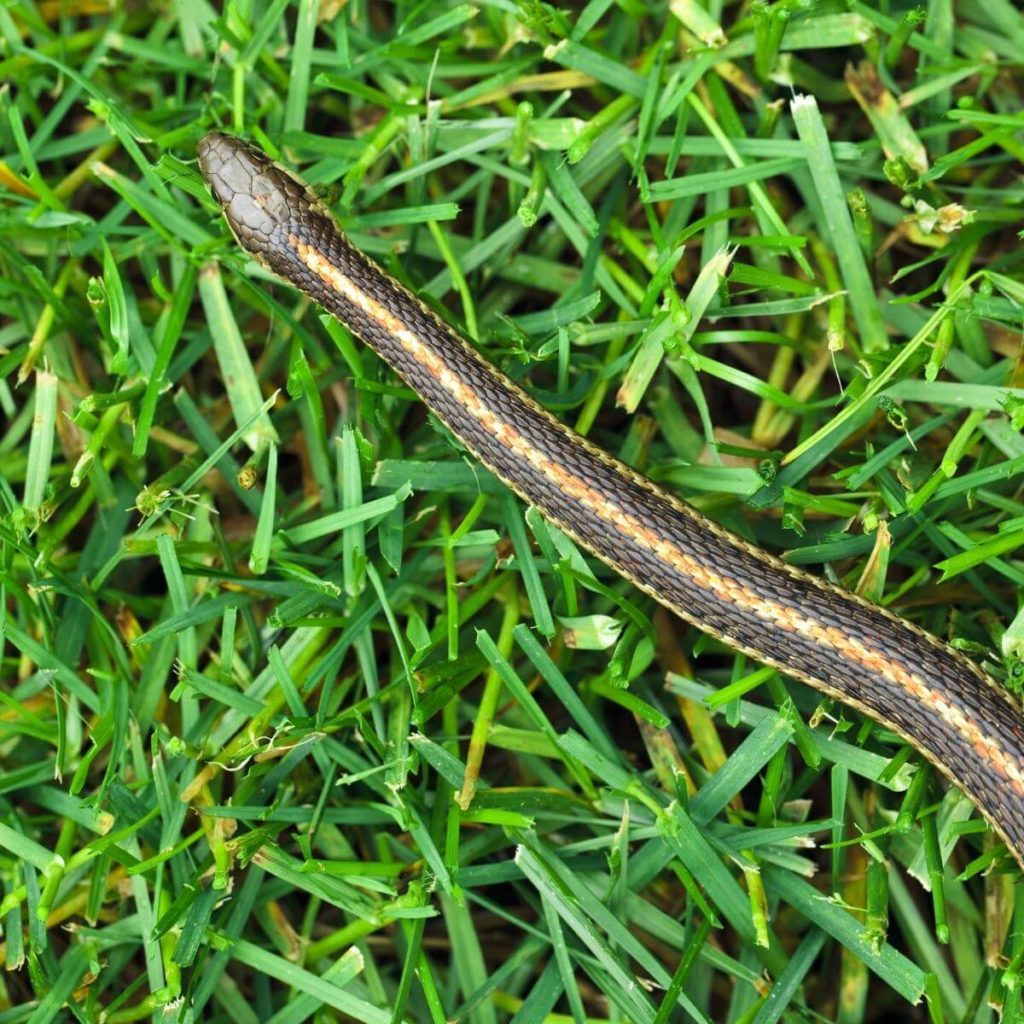
Snakes
Some snakes in our service areas are fine and actually benefit us by eating other pests, but some snakes are not so beneficial. Black snakes are good, copperheads… not so much. If you have ever been bitten by a copperhead or know someone who has, it is a VERY painful experience. Unfortunately, copperheads thrive in the Carolinas and sometimes venture into people’s yards. We have methods to keep snakes away from your property and if necessary, we can remove snakes that have already invaded your property.
Wildlife Pest Detection
There are signs you can look for to determine if you have wildlife invading your home. Some common things you may notice include:
- Feces or droppings
- Odors associated with these animals
- Damage to structures
- Odd behavior by pets (they often are more aware than we are)
Our Wildlife Control Solutions
Wildlife Traps
Trapping and live removal is the most common method we use to rid your home and yard of wildlife, as this is considered to be the most humane approach. Some wildlife pests can be relocated unharmed back in the wild. With a bit of professional knowledge, trapping and live removal is generally the best way to eliminate wildlife pests.
Exclusion
Exclusion requires knowledge of animal behavior and a bit of common sense, both of which we demand in our employees. Each animal might require a different approach, but the goal is the same- to eliminate avenues for wildlife pests to enter a dwelling or structure. One necessity with exclusion is to make sure they are all out of the structure before avenues are closed, something for which we train; you don’t want to strand wildlife inside your home and we know how to avoid that.
Poison
Using poisons or other chemical solutions to your wildlife problems is not recommended. Whenever possible we prefer not to use poisons. It isn’t always legal and it might pose a threat to outdoor pets as well as harmless wildlife. If you do find yourself troubled by wildlife pests please give us a call. We possess the will, the knowledge, the equipment and professionalism necessary to solve your wildlife pest problems.
How Much Does Wildlife Control in Charlotte Cost?
Wildlife control costs fall between an average of $225 and $700. Wildlife control is different than pest control: It requires certain animals to be relocated from the home.
When it comes to determining the price for wildlife control, a few factors come into play:
- Type of animal
- Treatment area size
- If the animal or pest is venomous, requiring additional precautions
A complete inspection of your property determines the type of wildlife present, the size of the infestation, and the pests’ location. Along with the cost of wildlife removal, technicians recommend preventative strategies to keep the pests away from your property for good.
